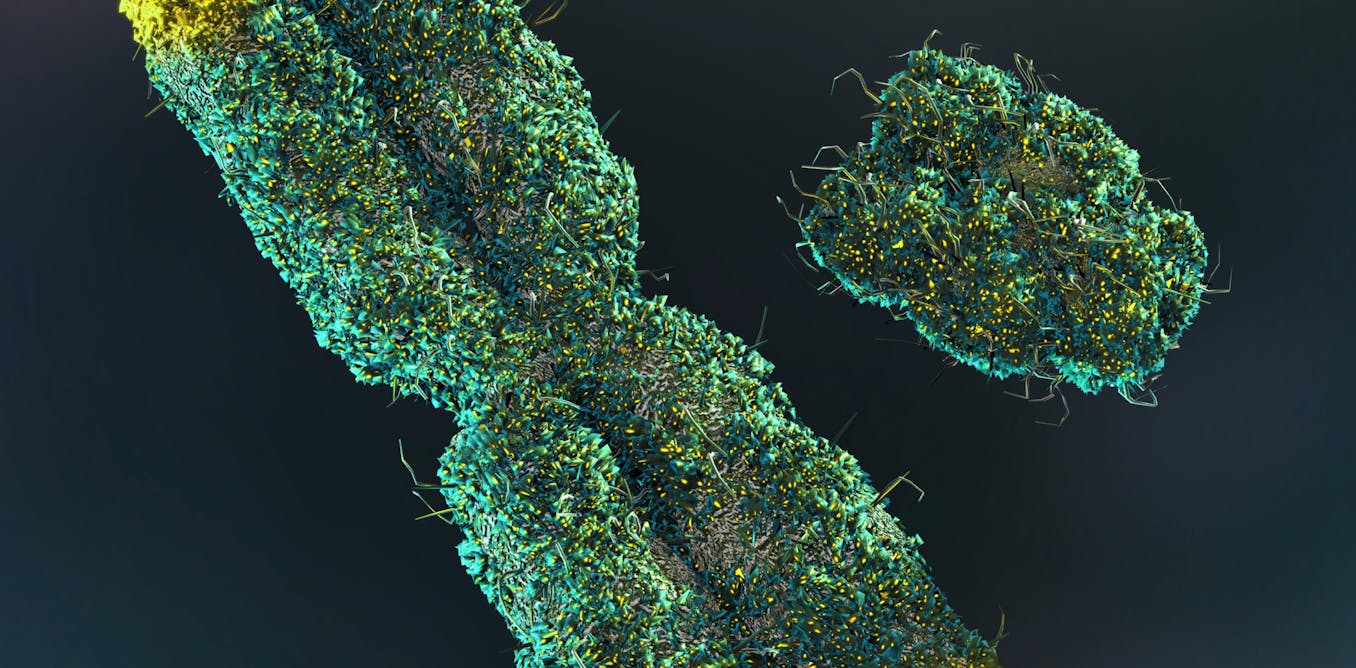Amidst global water scarcity and the challenges posed by climate change, Morocco is turning to innovative solutions to secure water supplies for its population. A prominent example is the coastal city of Agadir, which is breaking new ground with one of the world’s most advanced seawater desalination plants. While the high energy demands of desalination are being met sustainably through renewable energy, a key question remains: Can seawater desalination be the answer to the global water crisis?
What is Seawater Desalination and Why is It Necessary?
Every child has wondered at some point why sailors can suffer from thirst while surrounded by water. The answer lies in the fact that not all water is drinkable: freshwater is essential for human survival, while drinking seawater, with its high salt content, dehydrates and harms the body. In a world where only about 3% of global water resources are freshwater—and much of that is locked in glaciers, groundwater, or hard-to-reach sources—ensuring an adequate freshwater supply is becoming increasingly challenging.
Seawater desalination offers a technical solution to convert saline water—primarily from the oceans—into potable freshwater. This process is particularly vital in regions with water scarcity or arid climates. According to a report by the International Desalination Association (IDA), the global capacity for seawater desalination has rapidly increased over the past few decades, with countries like Saudi Arabia, the United Arab Emirates, and Australia leading the way.
As the global population continues to grow and climate change further stresses natural freshwater resources, desalination is becoming increasingly important. It serves not only as an emergency measure in water-scarce regions, but also as a strategy to secure future water supplies. However, the process is energy-intensive and poses environmental challenges, highlighting the urgent need for sustainable water management solutions.
Agadir: From Fishing Village to Pioneer in Seawater Desalination
Agadir, once a tranquil fishing village on Morocco’s Atlantic coast, has transformed into a major economic hub in recent decades. However, like many parts of Morocco, the city faces significant water challenges. Periods of drought, increasing water demand driven by agriculture and tourism, and the effects of climate change have pushed traditional water resources to their limits.
The Seawater Desalination Plant in Agadir: A Technological Marvel

To address these challenges, Agadir has built a state-of-the-art seawater desalination plant. This facility uses reverse osmosis, a process in which seawater is forced under high pressure through specialized membranes that remove salt, producing potable water. With a daily production capacity of 275,000 cubic meters of water—split into 150,000 cubic meters for drinking water and 125,000 cubic meters for irrigation—it ranks among the largest of its kind globally. The plant’s capacity can be expanded to 400,000 cubic meters per day if needed.
The project was realized through a public-private partnership between Morocco’s National Office for Electricity and Drinking Water (ONEE) and the Ministry of Agriculture, Fisheries, Rural Development, Water, and Forests. In 2019, it was recognized by the IDA as the “Best Public-Private Partnership.”
Utilizing Renewable Energy: A Focus on Sustainability
A distinctive feature of the Agadir plant is the sole operation with renewable energy. Thanks to the intense sunlight and strong winds along Morocco’s coast, the facility is entirely powered by solar and wind energy. This not only reduces operational costs, but also significantly minimizes the plant’s environmental footprint, making it a model for sustainable water production.
Positive Impact of Seawater Desalination for the Region
The desalination plant in Agadir has already brought significant and sustainable change to the region. It has secured a reliable drinking water supply for over half a million people, providing a consistent source of clean water independent of climatic or seasonal fluctuations. Beyond residential needs, the agricultural lands in the Chtouka Plain surrounding Agadir also benefit. The daily supply of treated water for irrigation has boosted productivity and strengthened the economic foundation of local agriculture.
The construction and operation of the plant have also created numerous jobs, contributing to the regional economy. Moreover, the plant has significantly improved the quality of life for residents. With stable access to drinking water and a fortified agricultural base, the plant not only ensures supply but also enhances resilience against the challenges posed by climate change.
Not All That Glitters is Gold: Challenges of Seawater Desalination
Despite its advantages, seawater desalination faces some challenges. One major criticism is the high energy demand of desalination plants. The process consumes large amounts of electricity, making it expensive and potentially harmful to the environment when fossil fuels are used. Although modern plants like the one in Agadir increasingly rely on renewable energy, such projects remain the exception. The majority of desalination plants worldwide still depend on conventional energy sources. While reverse osmosis is more energy-efficient than older technologies, it still requires considerable power to operate.
Another issue is brine, a highly concentrated byproduct of desalination. Many plants discharge this brine back into the ocean, where it can harm local ecosystems. The increased salinity and chemicals used during water pretreatment can damage marine habitats and threaten biodiversity. Solutions for the safe disposal or reuse of brine are under development. However, they are currently only available on a limited scale.
Is Desalination a Model for Other Regions?
The successful implementation of Agadir’s desalination plant serves as a model for other water-scarce regions worldwide. The integration of desalination technology with renewable energy could be particularly applicable in coastal areas with similar climatic conditions. Morocco is already planning to expand its network of desalination plants to combat water scarcity nationwide.
The rights to the content remain with the original publisher.

The post “Morrocco’s solution to the water crisis?” by Kontrast.at was published on 12/27/2024 by thebetter.news







































Leave a Reply